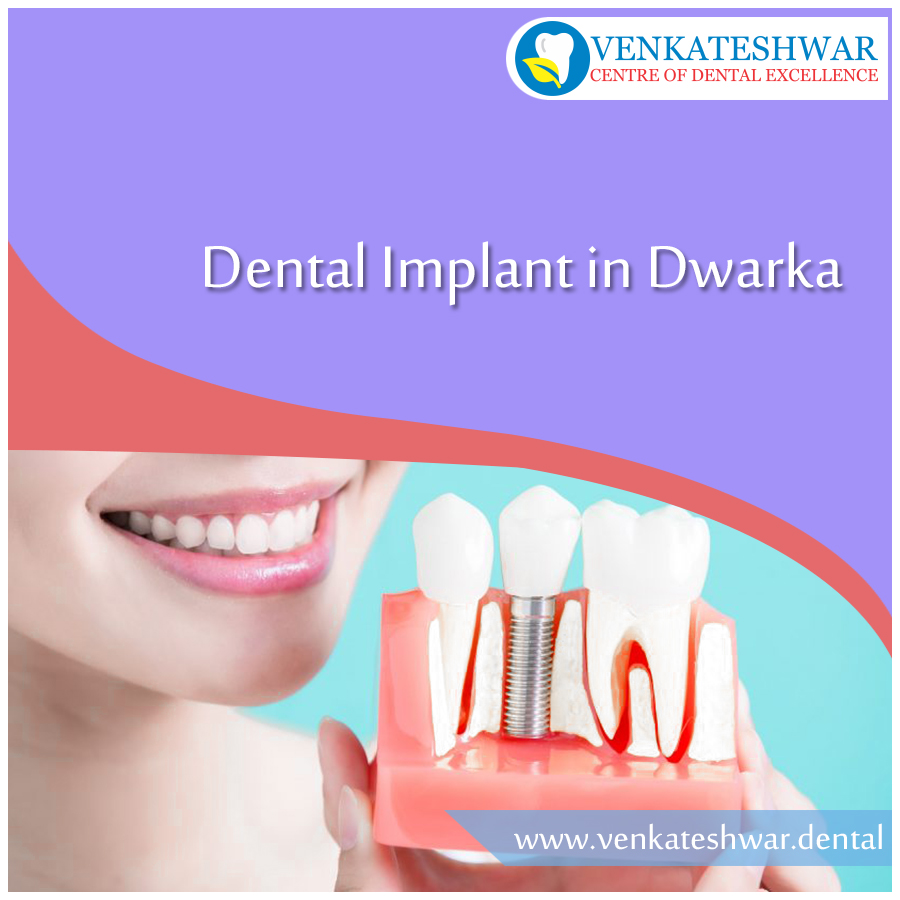The displacement of one, several or all teeth affects a large part of the population. It is a condition that leads to functional, physical, psychological and social limitations. One of the main concerns of people losing one or several teeth is deciding how to replace them, there are different forms of treatment such as dental prostheses and dental implants in Delhi, but how to know which option is better and why?
The teeth are a fundamental part of the masticatory system, they are the first stage of digestion, so they protect the digestive process from working correctly. In the absence of the teeth, the bone that sustains them loses its stimulus, and it decreases. Additionally, the facial aesthetics can be affected with the loss of bone support by being the support of the soft tissues of the lower third of the face that is made up of the lips, cheeks, and chin.

If the lost teeth are not replaced promptly, the balance within the mouth is affected, involving the remaining teeth, which become overloaded by having to withstand additional forces and inflammation of the tissues that support them, causing their loosening, fractures and consequent loss.
Another consequence of the lack of replacement is the mobility of the teeth adjacent or opposite to the lost tooth, which leave their location by rotations or migrations and forget the axis through which they must receive and transmit the forces of mastication, becoming a debilitating chain for the whole system that generates more dental losses.
Dentures
The traditional restoration treatment for missing teeth is using dental prostheses. The dental prosthesis is a device of acrylic, metal, porcelain or the combination thereof, which replaces the coronal part of one, several or all the missing teeth in the mouth. Present teeth can support them by preparations of the teeth adjacent to the area or directly on the gum.
However, they do not replace the stimulus to the remaining bone, so bone loss continues even with the use of a prosthesis, which can cause lack of stability and retention of the prosthesis, reducing chewing, aesthetics, phonetics, and confidence of the patient.
Dental implants
By having dental implant in dwarka, not only the visible part of the tooth is replaced, but also the dental roots are replaced, restoring the stimulus to the bone and preventing bone loss. They are used in cases of partial or total loss of teeth solving the problems of retention and support of the prosthesis and improving the functions of speech and chewing through an oral rehabilitation that is as natural as possible, holding partial dentures, total removable or fixed restorations.
Currently, there are technologies with computer-assisted systems that help to accurately predict the prognosis of the treatment by placing implants and allow the procedure to be carried out in a simple, quick and painless way to perform biocompatible restorations, that is, compatible with the biology of tissues and the bioenergetics of people, aesthetic and functional.
The purpose of a successful oral rehabilitation is both to replace lost teeth and support tissues; this is achieved by proper planning and implementation of the treatment plan with combined techniques of implant ology and dental prostheses that allow the rejuvenation of facial aesthetics and increase the comfort, satisfaction, and quality of life of the people.
